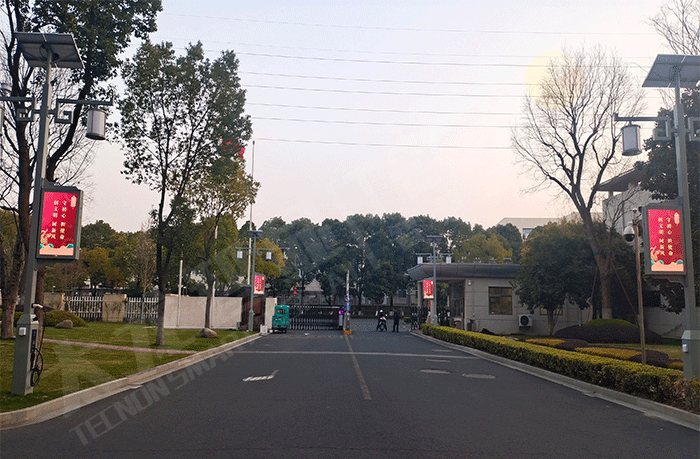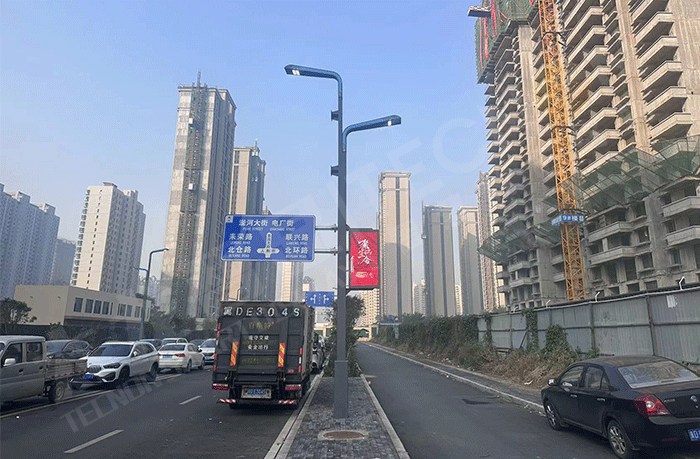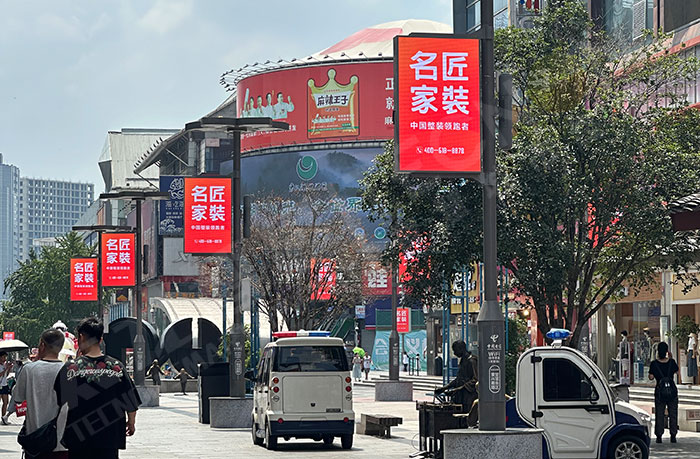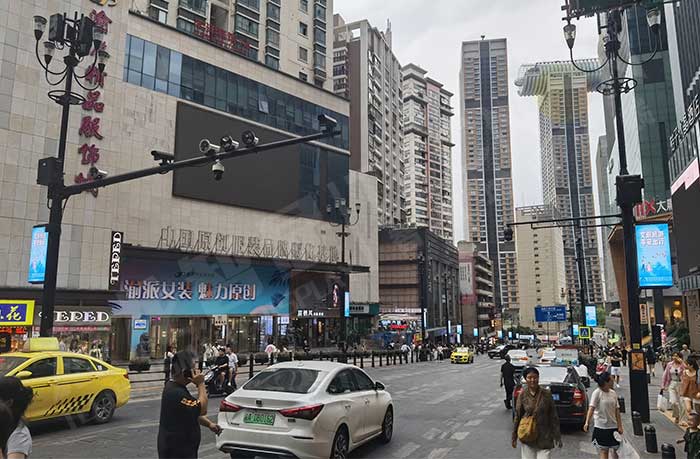Why are smart light poles generally used by the government, and rarely purchased by enterprises?
In recent years, with the acceleration of the pace of smart city construction, smart light poles, as an important part of urban infrastructure, have gradually become an important tool for urban management. However, it is not difficult to find that the main user groups of smart light poles usually tend to be government-oriented, while the purchase volume of enterprises is relatively small. The reasons behind this phenomenon deserve in-depth discussion.

Smart light poles are not just an upgraded version of traditional street lamps. They integrate a variety of smart devices, such as cameras, sensors, wireless network equipment, etc., and can realize multiple functions such as environmental monitoring, security monitoring, traffic management, and information release. Functionally speaking, smart light poles play more of a role in urban management and public services, so their usage scenarios and needs are more concentrated in government departments.

Smart city construction is a systematic project, which is usually led and promoted by the government. The government plays the role of planner, investor and promoter in the construction of smart cities. As an important part of smart cities, smart light poles are naturally mainly invested, constructed and operated by the government. Through the construction of smart light poles, the government can achieve real-time monitoring and data collection of the city's operating status, thereby optimizing urban management and service levels.

For corporate units, there are certain limiting factors in the purchase and use of smart light poles. First, the main function of smart light poles is to improve the efficiency of urban management, and corporate units usually do not have large-scale urban management needs. Secondly, the purchase and maintenance costs of smart light poles are relatively high, which is not a small investment for most companies. In addition, the technical complexity of smart light poles also makes companies face certain technical and management challenges during the purchase and use process.

The market for smart light poles is still in its infancy, and the government occupies a dominant position in the market. The participation of corporate units in the market is relatively low. In addition to the above-mentioned functions and cost factors, the immaturity of the business model is also an important reason. The business model of smart light poles needs to be further explored and improved in order to attract more companies to participate.

The main reason why users of smart light poles prefer the government is due to its functional positioning, government-led smart city construction, limiting factors for corporate procurement, and market competition and business models. Although the current participation of enterprises is not high, with the development of the market and the advancement of technology, the potential of smart light poles in enterprise applications cannot be ignored. In the future, with the improvement of business models and the reduction of technology costs, smart light poles are expected to play their value in more fields and attract more enterprises to participate.






















































































